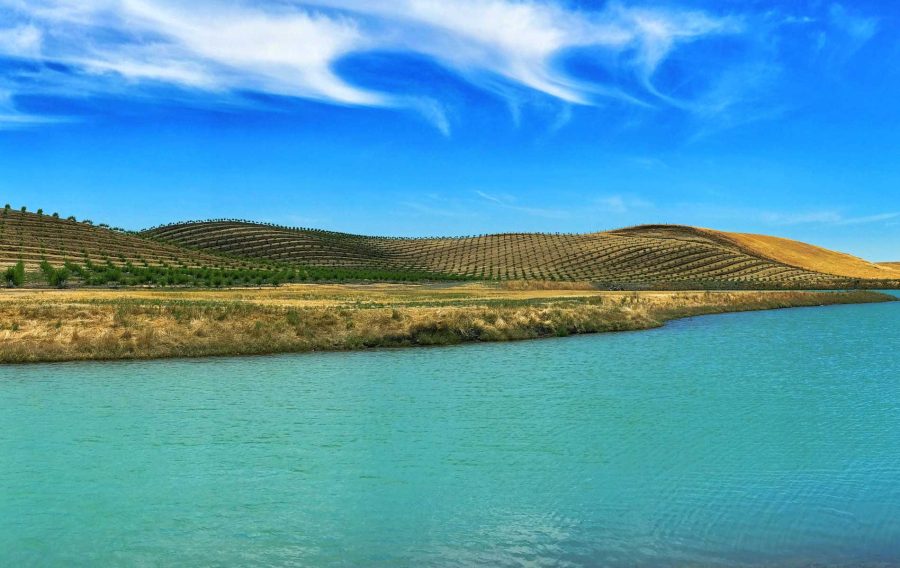
Farming is both a profession and a lifestyle. The Small Farms Program at Oregon State University wrote Whole Farm Management as a resource to assist new and prospective farmers make sound, long-term choices for their farms. Readers are walked through each necessary stage, from formulating a strategy to obtaining equipment to building infrastructure to identifying markets to creating a budget to managing day-to-day operations to deciding on a company structure for long-term success, all in easily understandable language. From rearing animals on grass to tending to perennial food crops and annuals like flowers, sustainable agricultural practices are emphasized throughout the book. This crucial guide also includes case studies of farms that have succeeded as well as advice and answers to frequent challenges from experienced farmers.
Organizing and Operating
Farm management is the process of planning, organizing, and running a farm so that it produces and earns as much as possible. Information on pricing, markets, agricultural policy, and economic institutions like leasing and credit are essential to effective farm management, and they are all drawn from the field of agricultural economics. Information on soils, seeds, fertilizers, pests, diseases, feeding, and breeding comes from the plant and animal sciences; farm structures, machinery, irrigation, crop drying, drainage, and erosion control systems come from agricultural engineering; and information on human behavior comes from psychology and sociology. A farm manager, therefore, incorporates knowledge from the physical and social sciences into his decision-making process. Because farms vary so much from one another, tailoring management strategies to each unique farm is of paramount importance. The challenges of farm management span the whole spectrum, from tiny, subsistence-level farms run by families to massive commercial operations run by experts using cutting-edge technology, and from farms run by sole owners to those run by governments.
Profitability
Growing food for a larger population is only one way that cultivable property may benefit its owner financially. Cropland also generates a steady stream of cash flow and has the potential to appreciate in value over time. According to the USDA, investors in U.S. farmland have earned an average of 10.6 percent per year over the previous 14 years through price growth and rental agreements. U.S. farmland is poised to continue appreciating while yielding yearly rental rates of above 5{d292c34892f518ccaa97e935289b7e4c7a00247ccc971f56e05f32bc2feb8adf} of the land’s value due to the robust worldwide demand for U.S.-grown commodities such as maize, soybeans, and wheat. Every diversified portfolio should include farmland as an investment option. When it comes to maximizing yearly return and long-term capital appreciation, farm management is crucial for farmland owners. Progressive farm management may boost the profitability of any farm, but it will be most beneficial to those who already own farmland and are seeing their value grow and yearly revenue increase.
Leasing
A farm manager’s interactions with the tenant operator are crucial to the success of the farm. Investing in farmland is a risky business, so it’s important to choose the right operator. The operator has a role in establishing the property’s short- and long-term potential for fertility, production, conservation, and aesthetic appeal. A poorly planned agricultural year may significantly degrade property value. Managers will conduct extensive tenant interviews, including on-site visits to farms, to find the most eligible renter possible. Checking the farmer’s background is also crucial since it will provide lenders and local connections an idea of the farmer’s creditworthiness. It is essential that the management have a high number of qualified renters interested in a certain property. In a market with several potential tenants, a landlord might expect to get the maximum amount of rent feasible. A competent manager will be aware of the going rate for rent in the region and utilize it as a reference point during negotiations. An excellent farm manager will be able to determine what kind of lease is best for their farm. The financial benefits and potential dangers of each lease are unique. Owner and management must agree on the lease terms and be satisfied with the level of risk the landlord is taking on.

